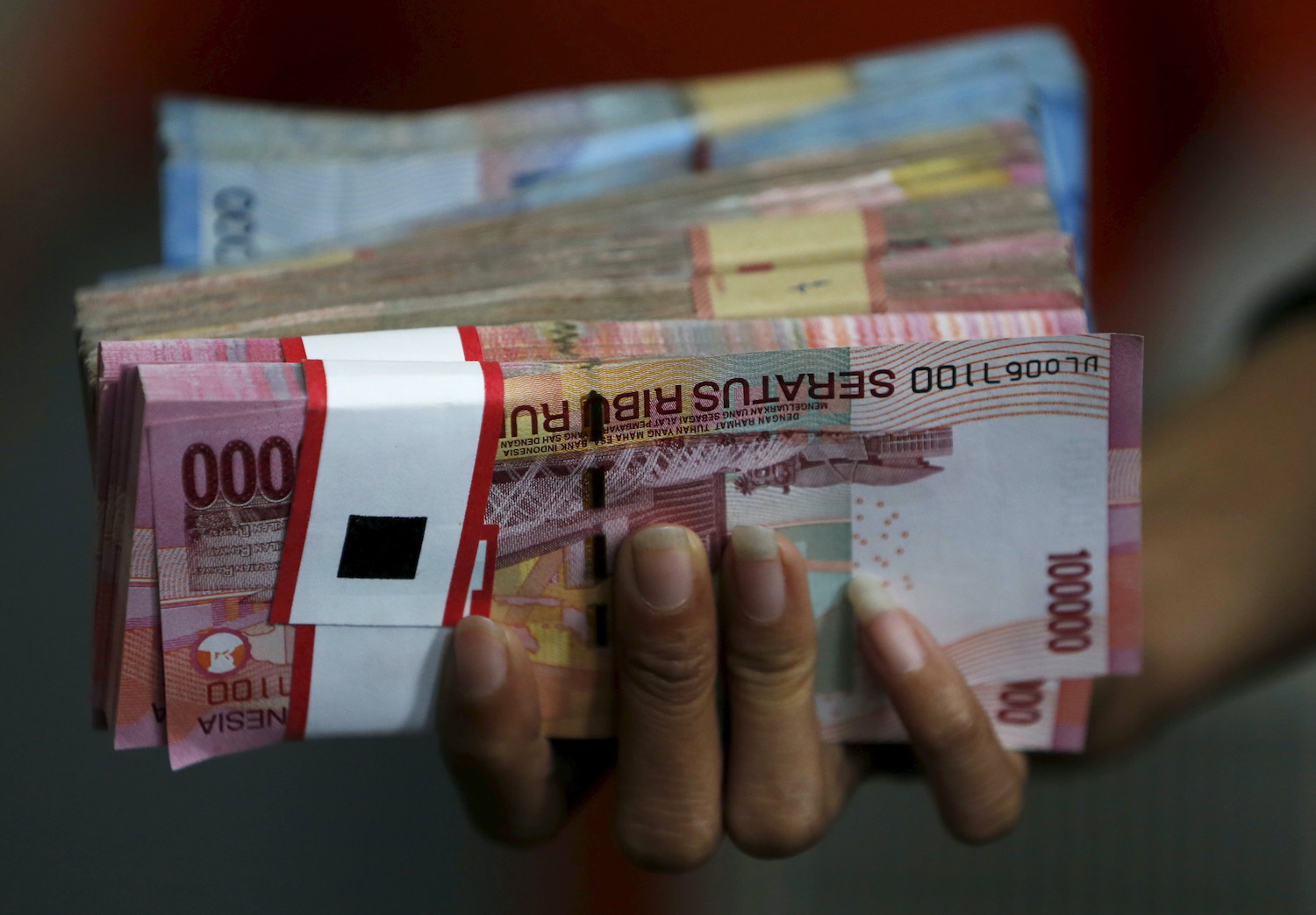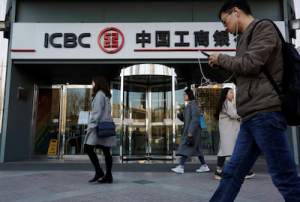Indonesia has set new standards for controversial peer-to-peer (P2P) lenders, hoping to filter out unsavoury market participants.
Financial services authorities have set a minimum capital requirement for lenders at a 25 billion rupiah ($1.67 million).
That is much higher than the previous 1 billion rupiah, and authorities also demanded lenders maintain at least 12.5 billion rupiah of equity at all times.
The regulation took effect from July 4. “This will create a natural selection and filter out which peer-to-peer firms are healthy or not”, said Freddy Karyadi, a partner with the Ali Budiardjo Nugroho Reksodiputro law firm in Jakarta.
Under-Banked Individuals Can Obtain Loans
P2P lending, internet-based platforms that link up borrowers and lenders, has become a popular way for small businesses to raise money and for under-banked individuals to obtain loans.
Foreign online P2P outfits, including many Chinese lenders, have targeted Indonesia’s youthful market of 270 million people, but some “ghost” online lenders have used aggressive debt-collection practices, such as calling families and colleagues of borrowers.
Joel Shen, head of Asia technology at global law firm Withers, believes the tighter regulation would not deter any “serious players”, though could reduce the number of new entrants.
“This will, on balance, be a good thing for the industry, which has been growing at a breakneck pace,” he said.
Indonesia had about 150 registered P2P lenders before President Joko Widodo ordered a moratorium on permits for fintech lenders in October 2021 to clean up the sector. The government identified a three-fold rise in illegal online lenders in 2019.
- Reuters, with additional editing by George Russell























